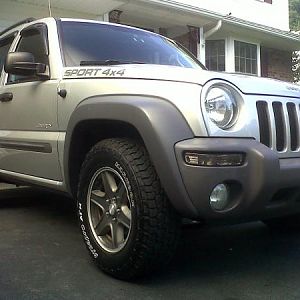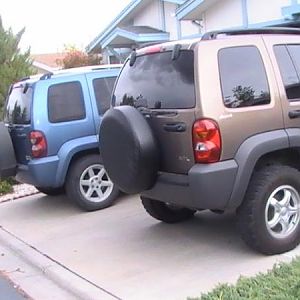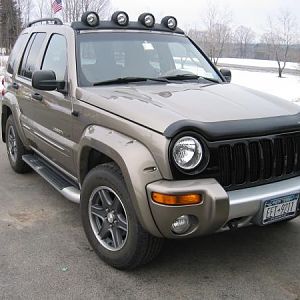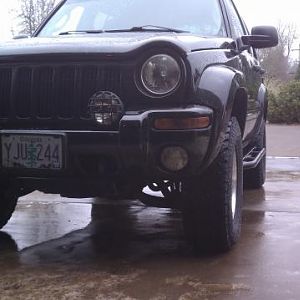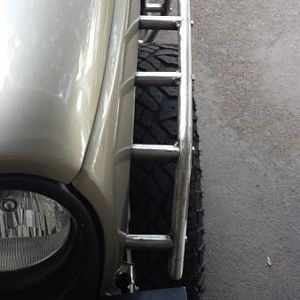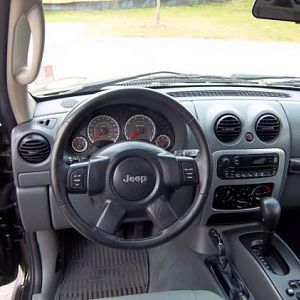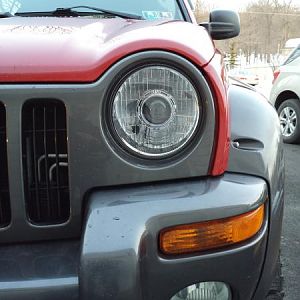So I am a huge believer in changing pads on a regular basis, long before they go out, usually just as the chamfer levels out. So I just did this on Thursday, new pads, inspected the rotors and they looked perfect. Prior to changing out the pads my only complaint was a slight squeak on cold pads as well as very hard breaking when they had been sitting or gotten wet from the morning commute and say all day.
New pads, smooth as silk, no issues at all other than these pads are clearly different in stopping than the prior, smoother and less hard grab upfront.
So I'm driving down a long grade this weekend and everything was fine up till they started getting warmed up. Once I had been on the brakes for an extended period I started getting all types of pulsating, pulling, grabbing and vibration as if my rotors were massively warped.
Once I got off the long grade and back to basic driving I have no grabbing, pulsating, etc no matter how hard I apply the brakes.
I really hate to have the rotors trued when I don't feel they need it based on normal driving.
New pads, smooth as silk, no issues at all other than these pads are clearly different in stopping than the prior, smoother and less hard grab upfront.
So I'm driving down a long grade this weekend and everything was fine up till they started getting warmed up. Once I had been on the brakes for an extended period I started getting all types of pulsating, pulling, grabbing and vibration as if my rotors were massively warped.
Once I got off the long grade and back to basic driving I have no grabbing, pulsating, etc no matter how hard I apply the brakes.
I really hate to have the rotors trued when I don't feel they need it based on normal driving.



